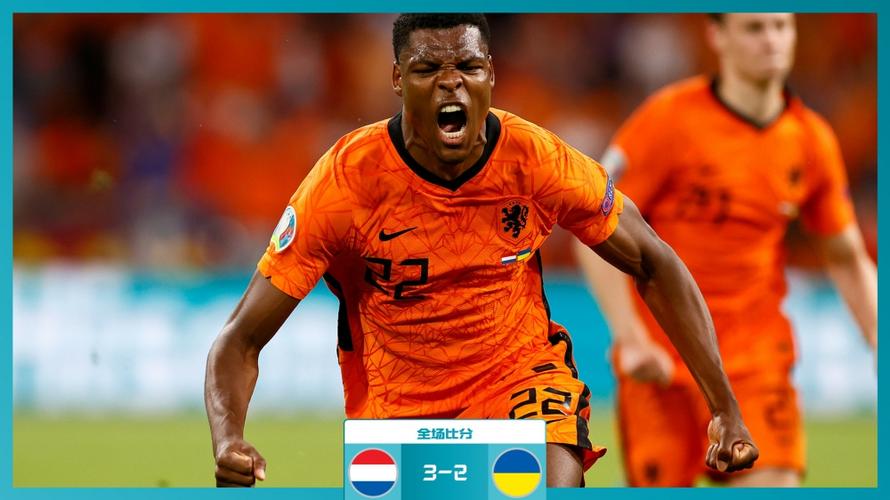The UEFA European Championship, commonly referred to as the Euros, is one of the most prestigious tournaments in international football. As fans from around the world tune in to watch their favorite teams compete, understanding and correctly pronouncing the names of teams, players, and match reports in English can enhance the viewing experience. This article aims to guide readers through the correct English pronunciation of key terms and names commonly found in Euro match reports.
Before diving into specific terms, it's important to understand some basics of English pronunciation. English uses a phonetic alphabet, but it is notorious for its irregularities and inconsistencies. For instance, the letter 'a' can be pronounced in several ways, such as in 'cat' (short 'a') or 'father' (long 'a'). Similarly, the letter 'o' can sound like 'pot' (short 'o') or 'go' (long 'o').
One of the first challenges in discussing Euro matches is pronouncing team names correctly. For example, the German team "Bayern Munich" is pronounced as /ˈbaɪ.ərn ˈmjuːnɪk/ with a long 'i' in 'Bayern' and a short 'u' in 'Munich'. Similarly, the Spanish team "Real Madrid" is pronounced as /ˌriː.əl məˈdrɪd/ with a long 'e' in 'Real' and a short 'i' in 'Madrid'.
Player names can be even more challenging due to their diverse origins. For instance, the French player "Kylian Mbappé" is pronounced as /ˈkiː.li.ɑ̃ ɛm.bæˈpeɪ/ with a nasal sound in 'Kylian' and a stressed second syllable in 'Mbappé'. On the other hand, the Portuguese player "Cristiano Ronaldo" is pronounced as /ˌkrɪs.tiˈɑː.noʊ rəˈnɑːl.doʊ/ with a clear distinction between the 'ti' and 'ano' in 'Cristiano'.
Match reports are filled with specific football jargon that can be tricky to pronounce. Terms like "offside" (/ˈɒf.saɪd/) and "penalty kick" (/ˈpen.əl.ti kɪk/) are common, but their pronunciation can vary slightly depending on regional accents. It's also important to note the pronunciation of verbs like "to score" (/tə skɔːr/), "to defend" (/tə dɪˈfend/), and "to assist" (/tə əˈsɪst/).
To solidify the learning, practicing with actual match reports can be very beneficial. For example, a typical match report might read: "Kylian Mbappé scored a stunning goal in the 65th minute, assisted by Paul Pogba, leading France to a 21 victory over Germany." Pronouncing this sentence correctly involves understanding the pronunciation of each name and term involved.
There are numerous resources available to help with pronunciation, including online dictionaries, pronunciation guides, and language learning apps. Websites like Forvo offer audio pronunciations for a vast array of names and terms, which can be extremely helpful for nonnative speakers.

When discussing Euro matches, it's also important to consider cultural nuances. Different regions may have different ways of pronouncing certain names or terms. For instance, the English pronunciation of "Barcelona" (/ˌbɑːr.səˈloʊn.ə/) might differ slightly from the Spanish pronunciation.
Mastering the pronunciation of Euro match reports in English not only enhances your understanding and enjoyment of the tournament but also helps in communicating effectively with other football fans. By practicing with team names, player names, and key football terms, and utilizing available resources, you can improve your pronunciation skills significantly.
In conclusion, while English pronunciation can be challenging, especially when dealing with names and terms from different languages, practice and the use of helpful tools can make it much easier. Whether you are a fan watching from home or discussing matches with friends, being able to pronounce everything correctly adds to the richness of the football experience.